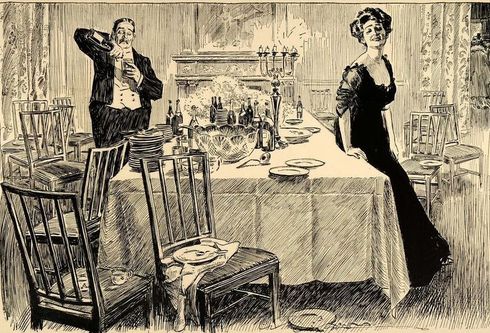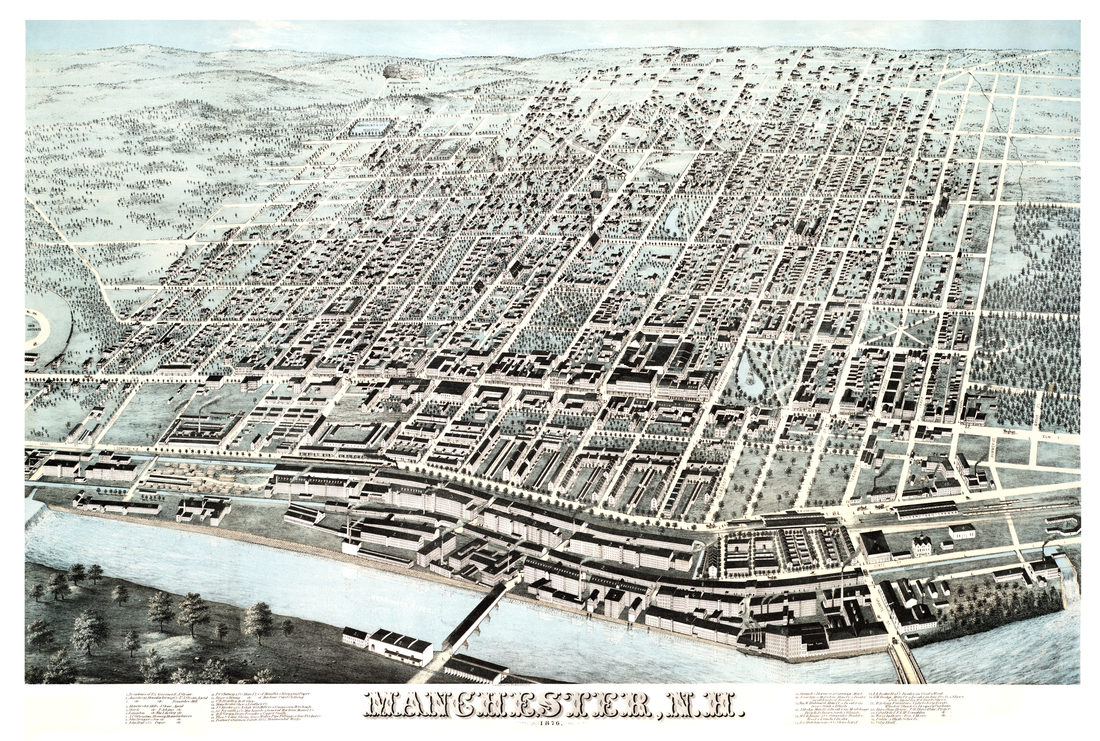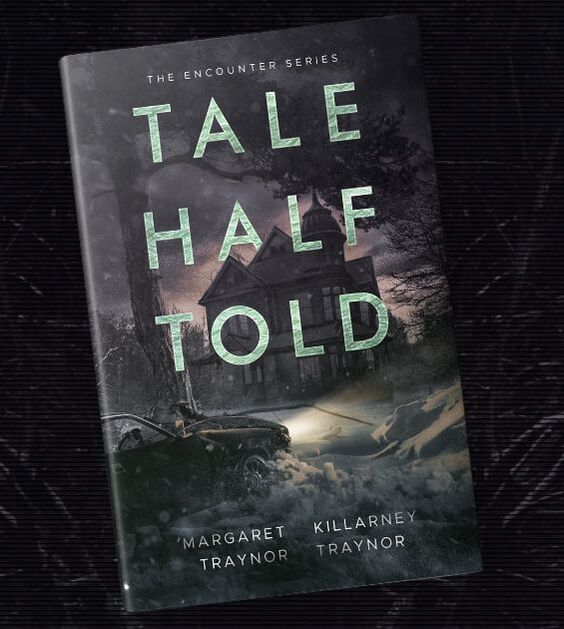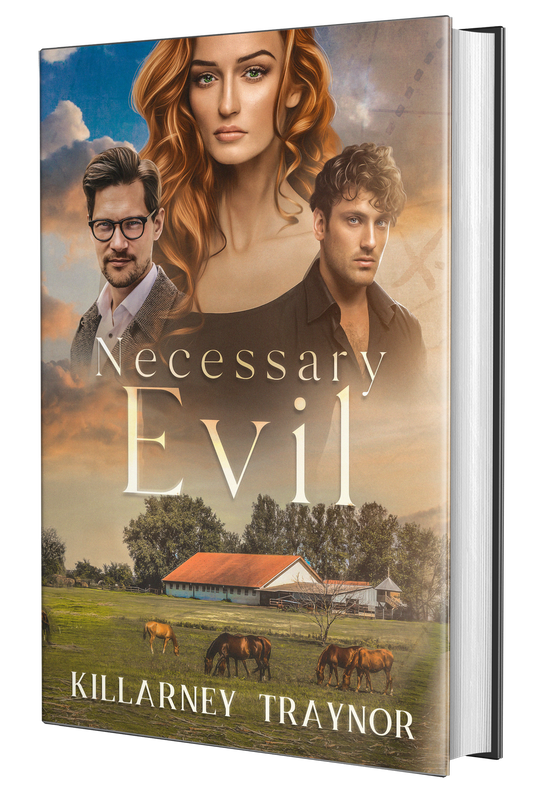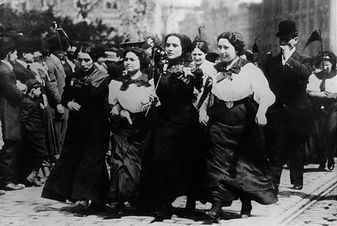 New York Mill Workers, circa 1910 New York Mill Workers, circa 1910 You'll never know what you don't know about a period until you're writing a book or making a movie about that era. Seriously. It's odd what you find yourself typing into the Google search bar. For instance, when I was writing Necessary Evil, I needed to know everything worth knowing about engagement rings during the Civil War. Were engagement rings used? If they were, did they have stones? Were they gold? Could we tell what they were just by looking at them? 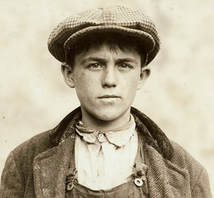 A potato eater A potato eater Similarly, with The Dinner Party, I've found myself researching things that I never would have dreamed of looking into. Here are a few instances: - If you were a jerk, would you call an Irishman a 'potato-eater' (Answer: yes.) - Do the Felsons own a mill or a factory? (Answer: both. It is a factory, but its powered by water, which means it would have commonly been referred to as a mill) - Would a husband lead a wife into the dining room for an elegant dinner party? (Answer: no, indeed! The very gauche idea!) - How close would an owner's/overseer's house be to the mill/factory he ran? (Answer: it varied, probably dictated by wealth, wife, and how smelly the factory/mill was.) - What would young radicals be ranting to their elders about? (Answer: pretty much the same thing they are ranting about now, only with fewer selfies.) 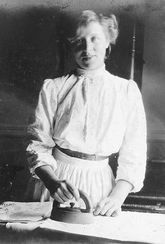 A career girl, circa 1906 A career girl, circa 1906 Fortunately, I really love this kind of thing. Research like this makes the past come alive in ways a text-book can't quite touch. Movie-making, too, allows us to remember that our ancestors were, at the end of the day, people just like you and me, trying to make a go of things and learning, working, laughing, fighting, and loving along the way. Now, if you'll excuse me, I have to find out whether lemons would have been available in New Hampshire in May of 1906...
0 Comments
Your comment will be posted after it is approved.
Leave a Reply. |
The BlogWelcome to Categories
All
|
Copyright © Killarney Traynor
All Rights Reserved.
No part of this website may be reproduced without
the Owner's express consent. [Backlinks allowed.]
All Rights Reserved.
No part of this website may be reproduced without
the Owner's express consent. [Backlinks allowed.]

